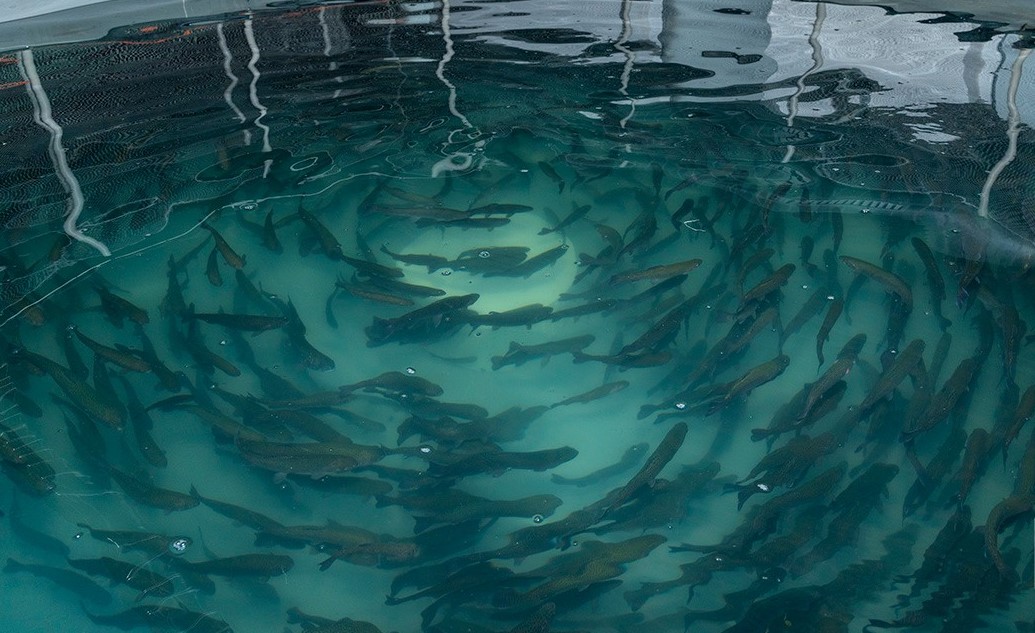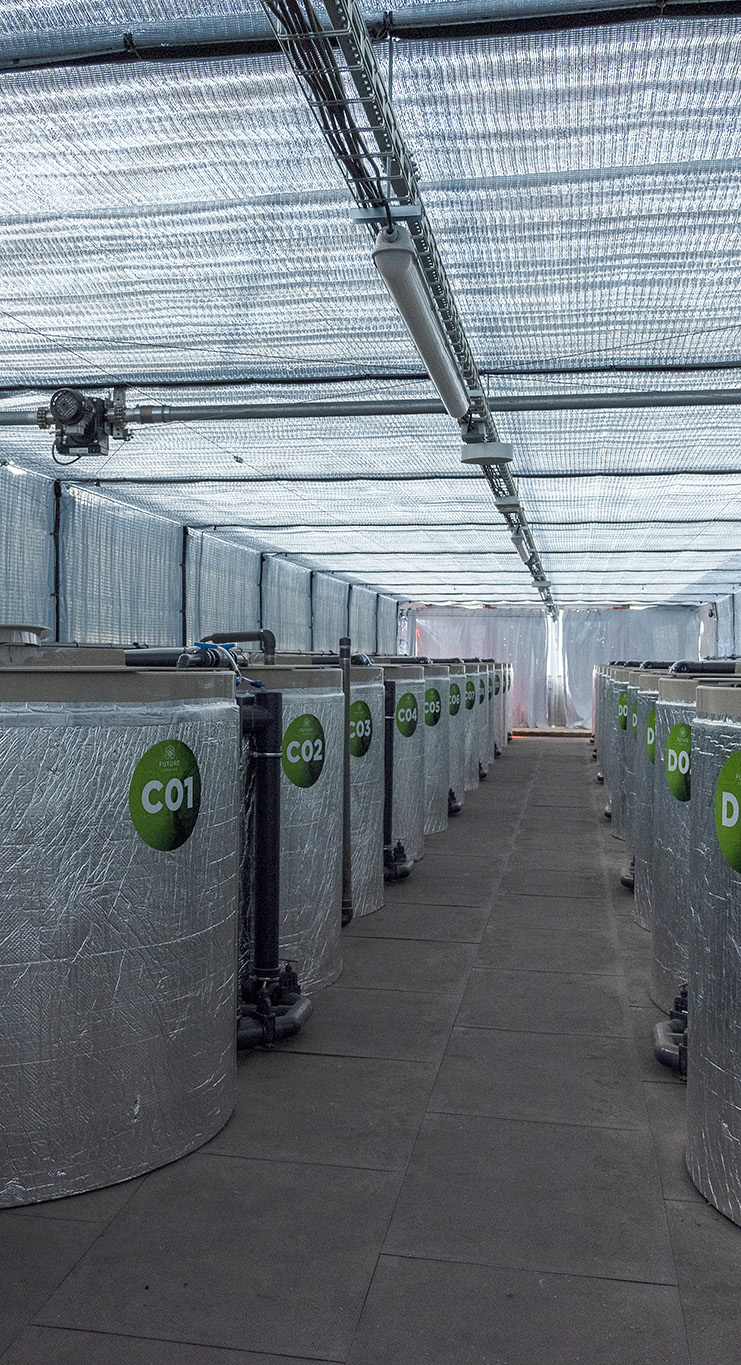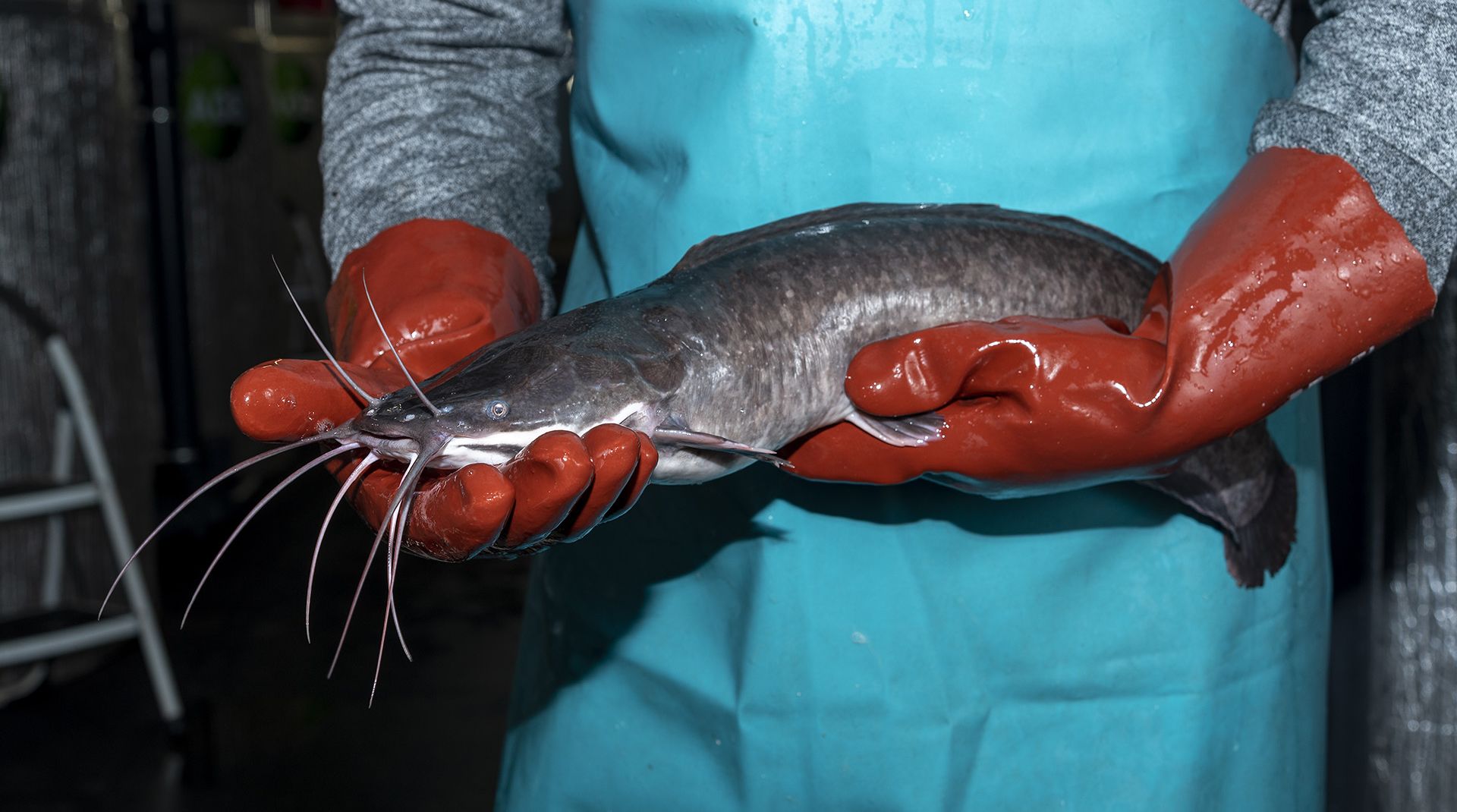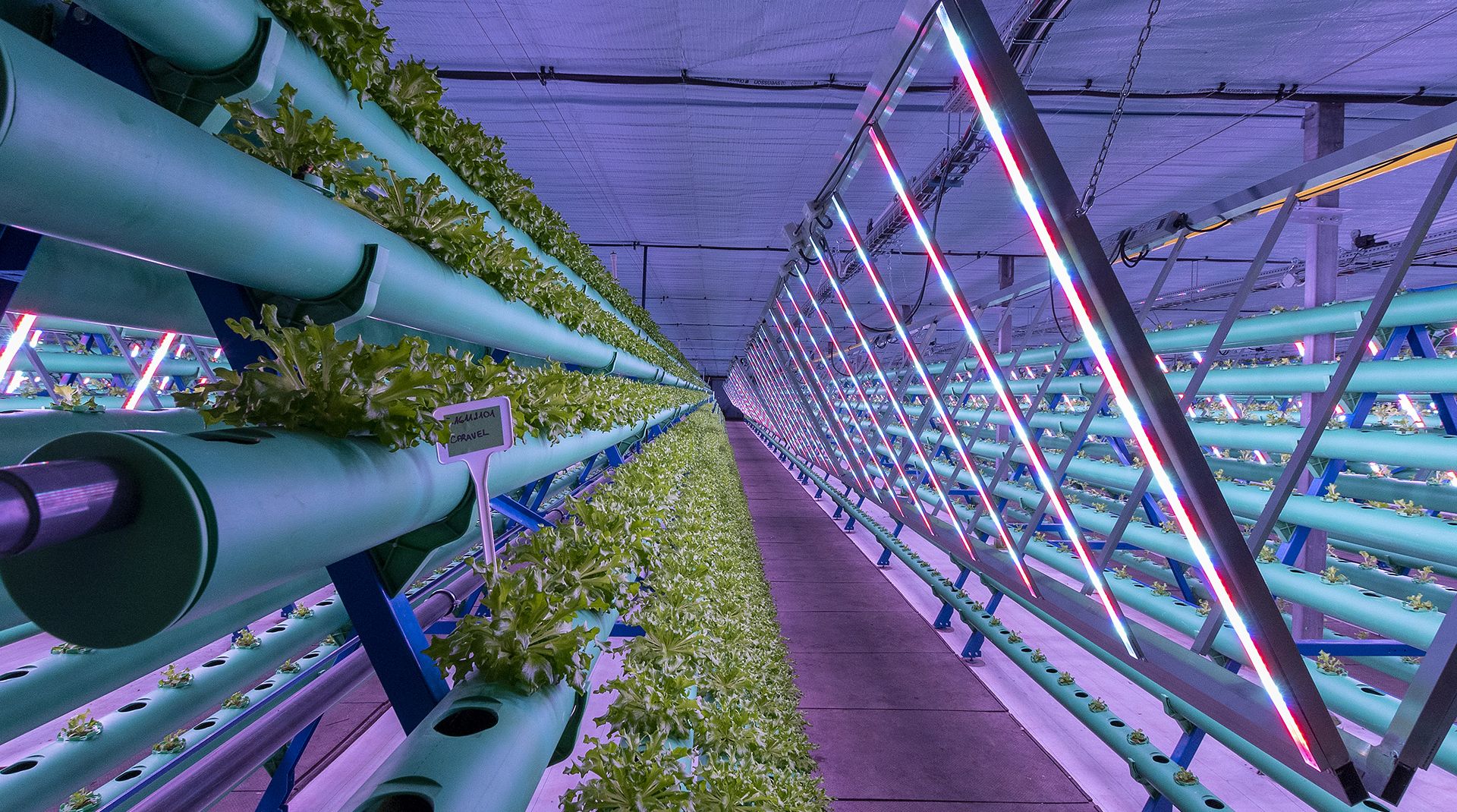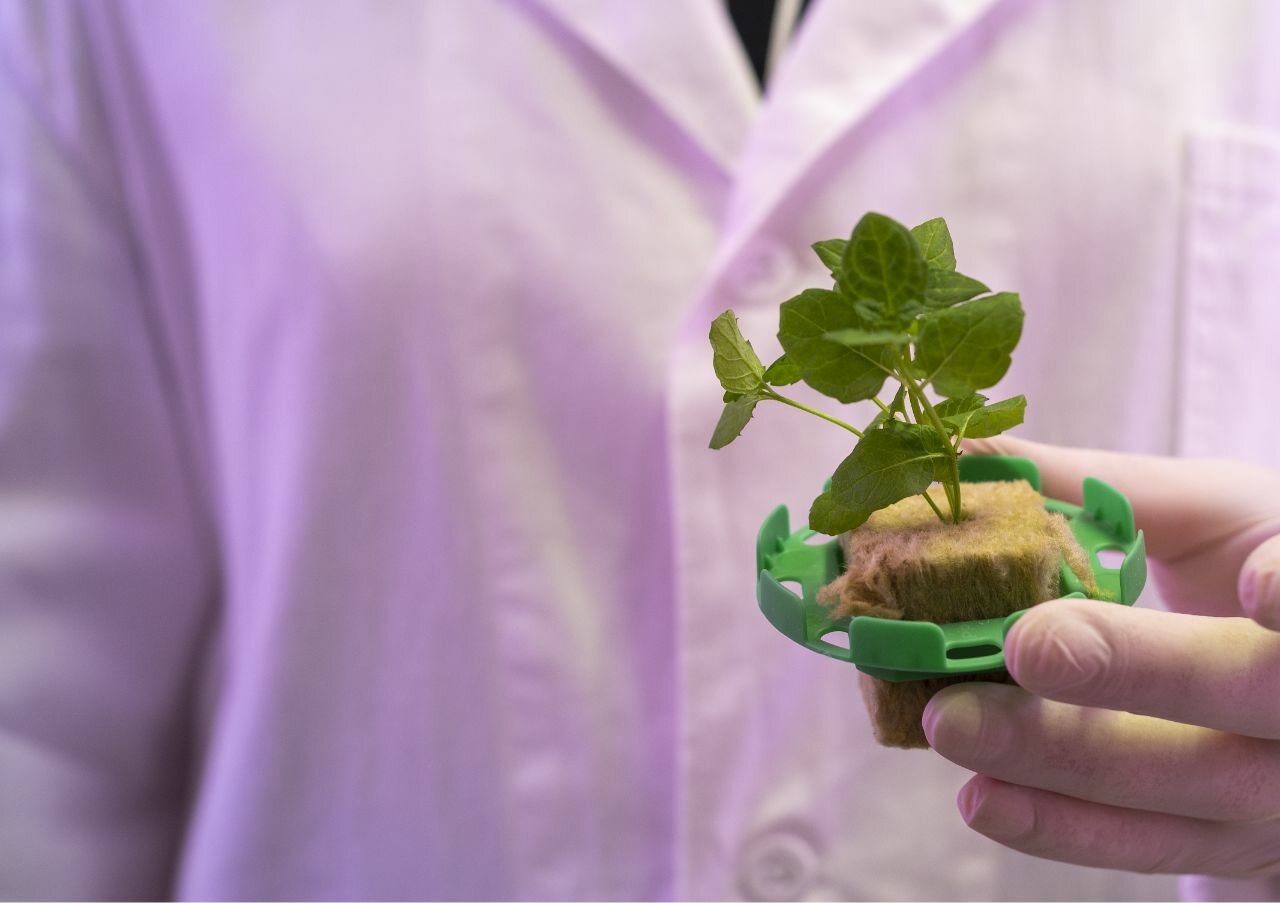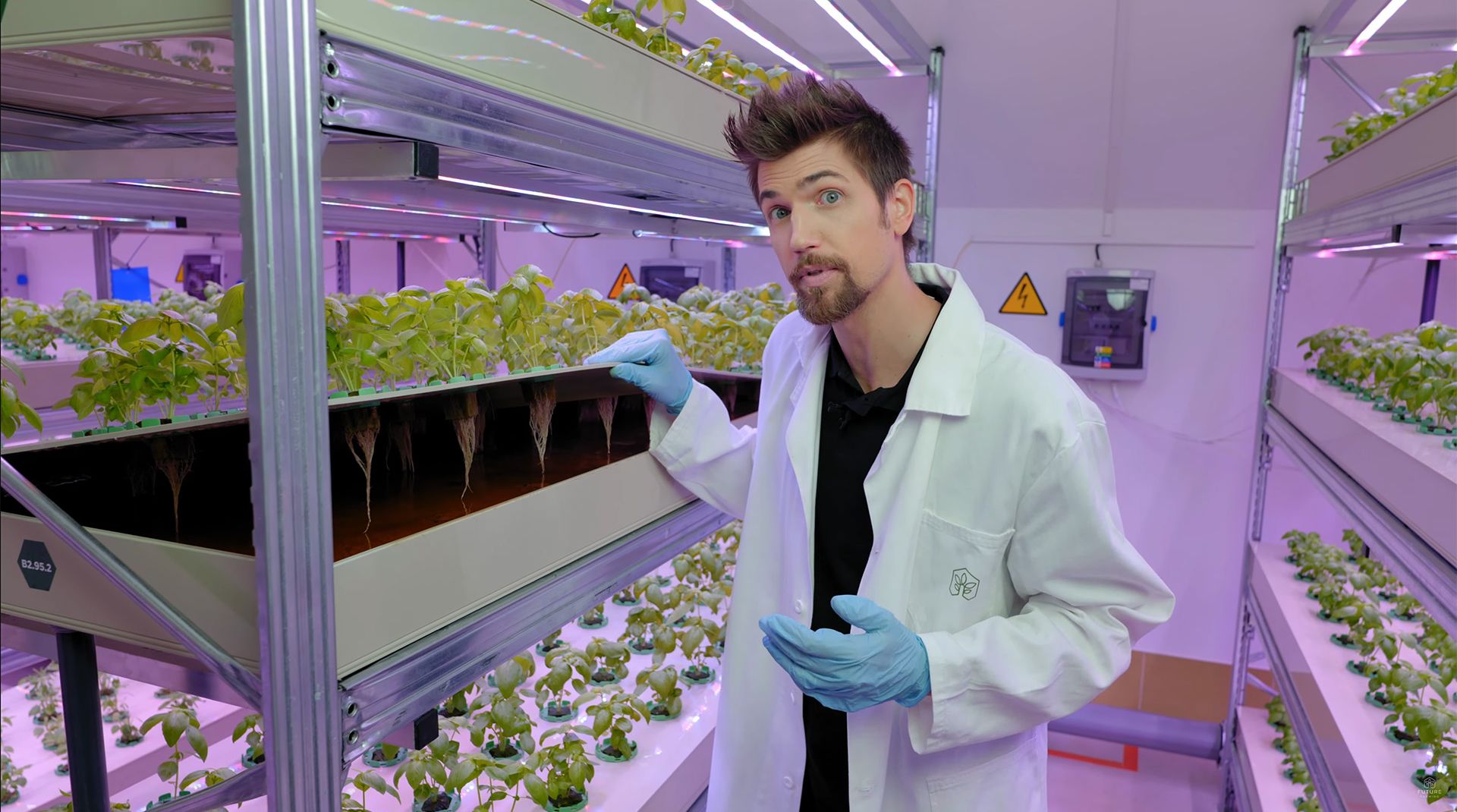BENEFITS OF RAS
High stocking rate in a small area
Absence of predators
Elimination of diseases from the external environment
Low water consumption
Minimal impact on surrounding ecosystems
Optimal conditions for growth all year round
RAS can be built almost anywhere
Stable and controlled environment, efficient operation
Significant subsidy support from EU funds
Sustainable production


